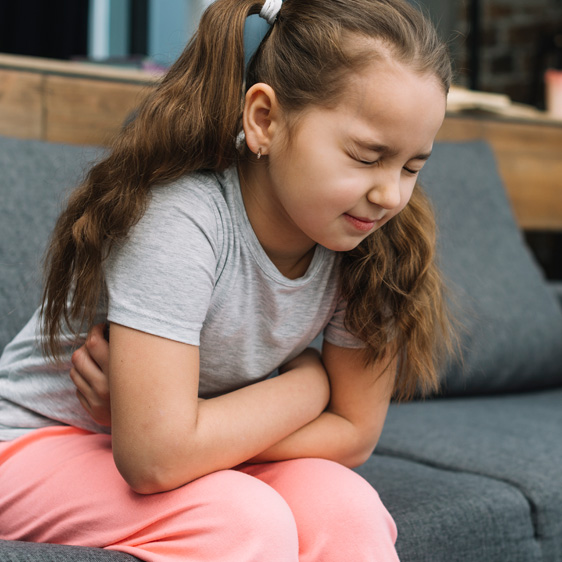
We all like to think our homes are safe havens, where families can play without worrying about encountering something harmful. Even the most careful of us, however, can forget that things like cosmetics and toys can be dangerous.
“Children can inadvertently swallow a pill or medication, like pain medicine, over-the-counter cough or cold medicines, or blood pressure medicine, that wouldn’t ordinarily harm an adult,” says Dr. Stephen Larson, emergency medicine physician at the Beaufort Memorial Pratt Emergency Center. “But for a smaller child, these pose more of a risk.”
He adds that children are also more likely to pull a cleaner, such as bleach, off a shelf, and their skin, eyes or mucus membranes can get splashed, causing injury. That’s why it’s important to keep products stored safely.
The Biggest Offenders
According to the National Capital Poison Center (NCPC), some of the most common poisons for children include:
- Cosmetics and personal care products, a class of products that includes nail polish and nail polish remover
- Household cleaners and laundry products, like detergent pods
- Medications, including pain medications, topical medications, vitamins and antihistamines; birth control pills and eye drops can also pose a threat.
- Pesticides, such as boric acid
- Plants, ranging from outdoor plants, such as azaleas, crocus flowers, irises, poison ivy and wild mushrooms, to houseplants like pothos and philodendron
The Centers for Disease Control and Prevention reports that adults typically suffer from poisonings related to drug overdoses and misuse.
Read More: Helping Loved Ones With Addiction
Common Poisoning Symptoms
Poisoning symptoms will vary depending on the substance encountered but could include:
- Confusion
- Difficulty breathing
- Drooling or foaming at the mouth
- Fainting, shaking or seizures
- Mouth sores or redness around the mouth
- Nausea and/or vomiting
- Rash
Anyone who experiences these symptoms after ingesting something potentially harmful should head to the nearest emergency room, Dr. Larson advises.
How to Help a Poisoning Victim
If you, a loved one or a child has somehow unintentionally ingested a substance that could be poisonous, the first step is to not panic. According to the NCPC, the majority of poison exposures lead to minimal or very few side effects.
If the poisoning victim is alert, call the national Poison Help Line at 1-800-222-1222. The Poison Help Line connects you to your local poison control center, which will be able to give you specific instructions. The line is staffed 24 hours a day, seven days a week, and you can call even when it’s not an emergency. If the person you’re with has collapsed, call 911 immediately.
We can help you find the medical care you need, when you need it. Learn about our immediate care options.
Photo by freepik

